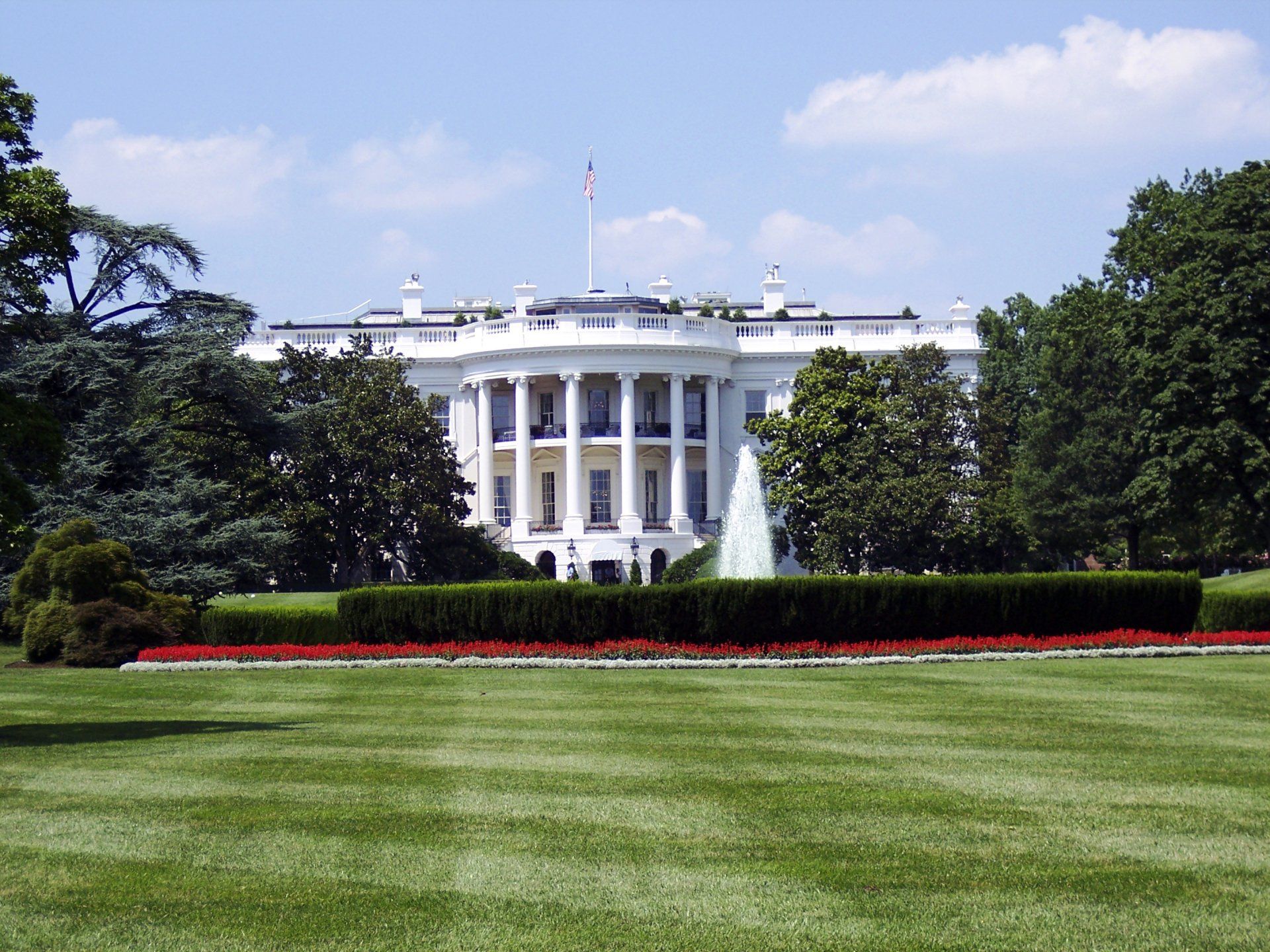Corporate Contributions Are Not Limited In Virginia
This is part three of a series on the state of campaign finance law in Virginia. So far, we’ve covered the personal use of campaign funds, which is legal in Virginia, and the lack of limits on campaign contributions in the state. This week, VaOurWay is looking at corporate campaign contributions. Unlike other states, Virginia doesn’t place any restrictions on how much a corporation can contribute to a political campaign. Stay tuned for more information on how Virginia can improve campaign finance law to build a more accountable state government.
Virginia is just one of five states without any restrictions on how much a corporation can contribute to a campaign for state office. It’s common for states throughout the country to place limits on how much a corporation can give to a candidate; in states like New Jersey and Maryland, corporations can contribute no more than individuals can. Two of Virginia’s neighbors, Kentucky and North Carolina, join 20 other states in going so far as to prohibit corporate contributions altogether.
With absolutely no restrictions on how much of a financial influence a corporation can have on state elections, Virginia stands out among the other states. What is it about corporate contributions that most of the country has tried to regulate that lawmakers in Virginia seem to be missing?
When corporations are able to spend without restraint on their preferred candidates, their enormous contributions drown out the interests of individuals. This could give corporations much more influence than ordinary people over candidates. It costs a lot of money to run a campaign; candidates in need of financial support might be incentivized to support policies favorable to their lavish corporate donors instead of policies that work for individual constituents, who are unlikely to be able to donate as much as a corporation can.
There are clear, recent examples of corporations buying influence to benefit themselves rather than constituents here in Virginia. Dominion Energy, a regulated utility corporation, spent $1.274 million on candidates and political committees in Virginia in 2020 alone. Over the years, Dominion has contributed millions to General Assembly candidates, resulting in policies that have led to higher profits for the energy company while Virginians pay the sixth highest energy bills in the country.
A 2021 bill that would have granted the State Corporation Commission (the regulatory body which oversees public utilities) more authority in its ability to lower customer rates was swiftly killed in the Senate Commerce and Labor Committee after comfortably passing the House of Delegates. Passage of the bill would have made it possible for Virginians to pay lower energy bills, but eight members of the committee count Dominion among their top donors. These members — Senators Saslaw, Norment, Newman, Obenshain, Lucas, Barker, Mason, and Lewis — voted in the interest of a corporation that significantly funds their campaigns, rather than voting for a bill that is clearly in the interest of their constituents.
This is a crystal clear illustration of how corporations, capable of contributing millions in a single election cycle, are able to buy influence with lawmakers. These lawmakers are then incentivized to enact policy favorable to corporate donors, which may not necessarily be in the interest of typical constituents.
Recent years have seen attempts to ban corporate campaign contributions at the state level in Virginia. During the 2021 General Assembly session, two bills that would have banned political contributions from public utilities like Dominion failed to get a floor vote. A number of similar bills have been introduced during every session in recent memory. Governor Ralph Northam called for an end to corporate political contributions during his campaign in 2017, but it seems he’ll be leaving Richmond without having achieved this priority.
In the interest of preventing political influence from remaining largely in the hands of corporate donors, Virginia should act to prohibit corporations from contributing to political campaigns; doing so would create a more democratic, accountable commonwealth.





